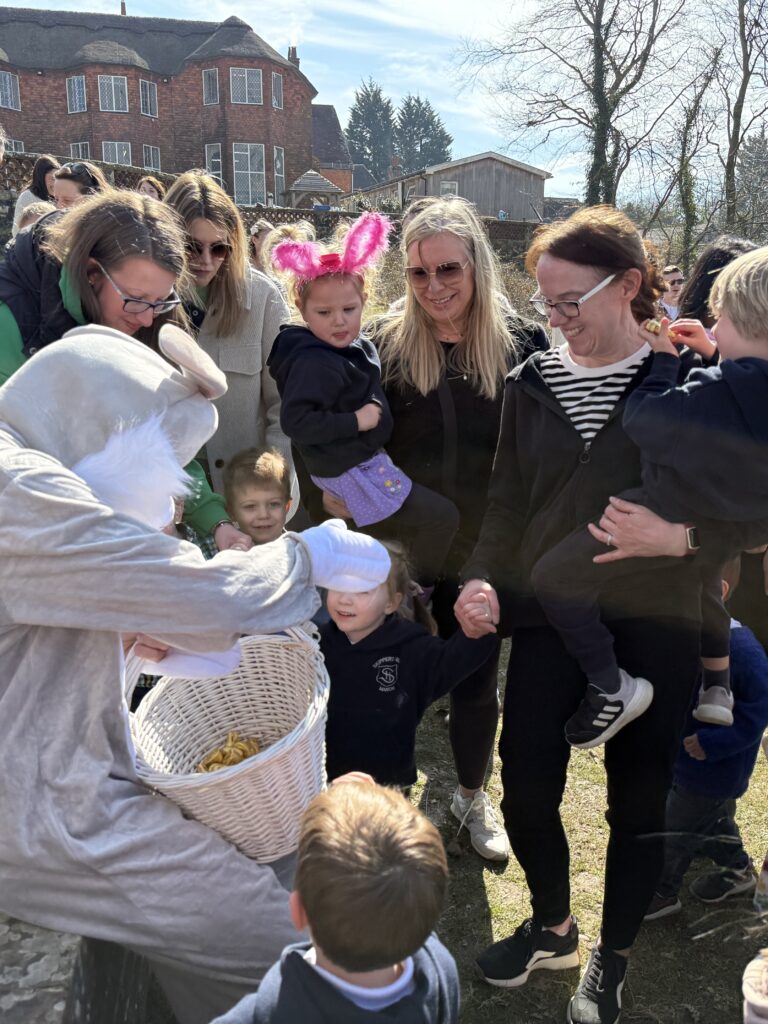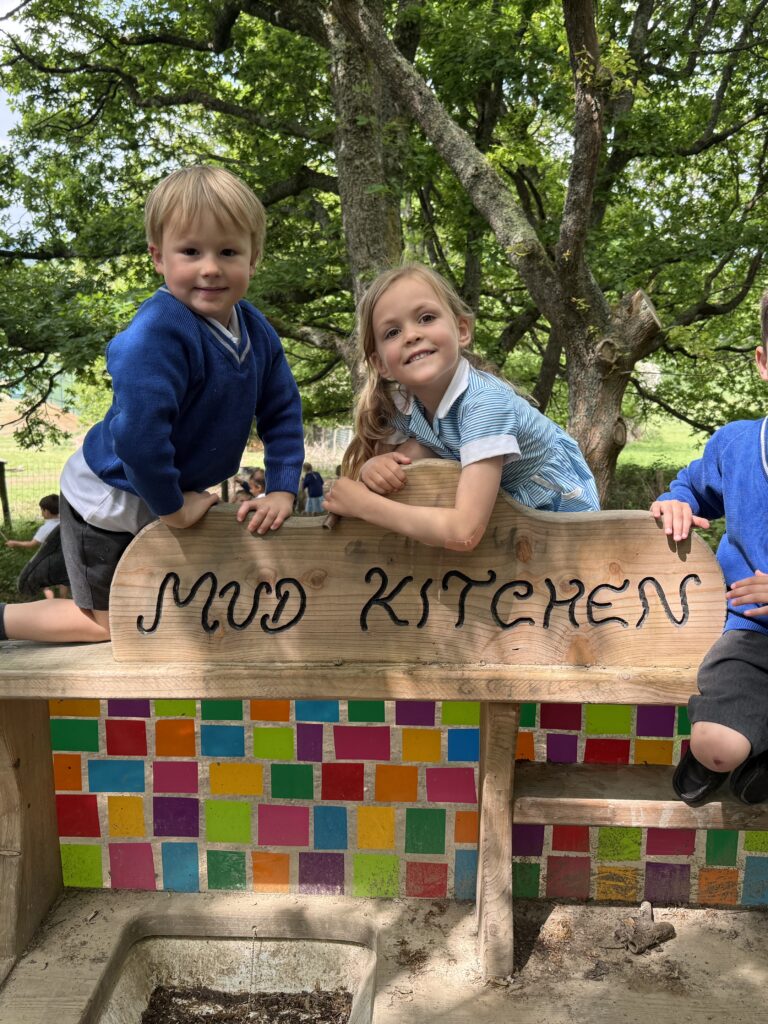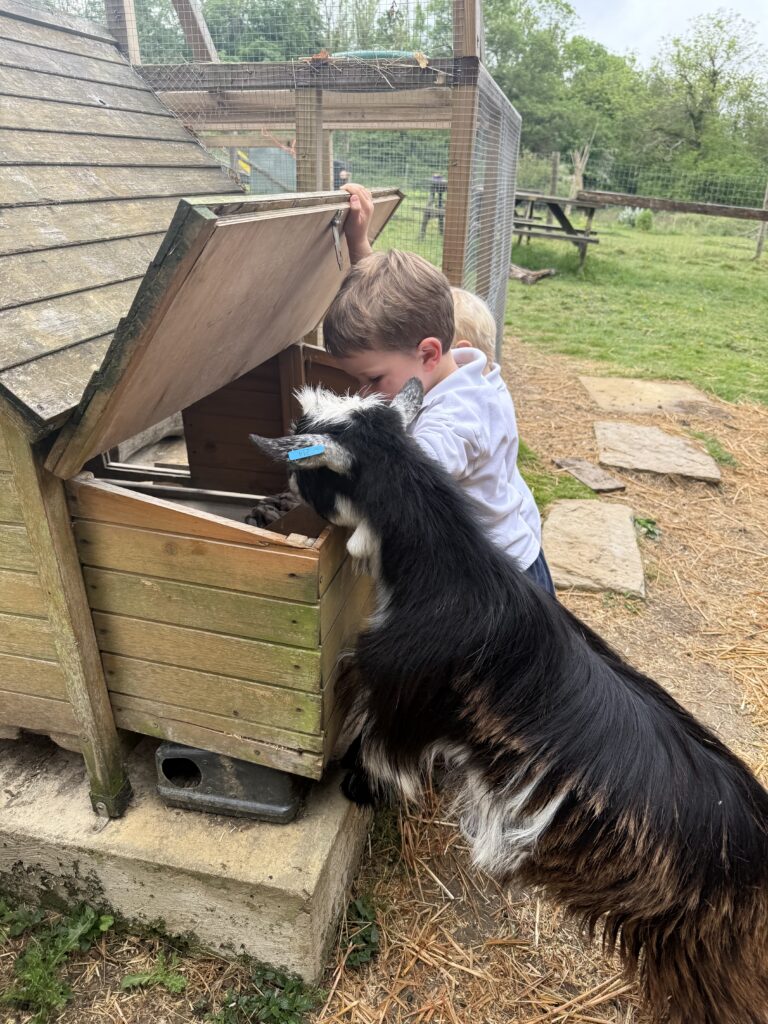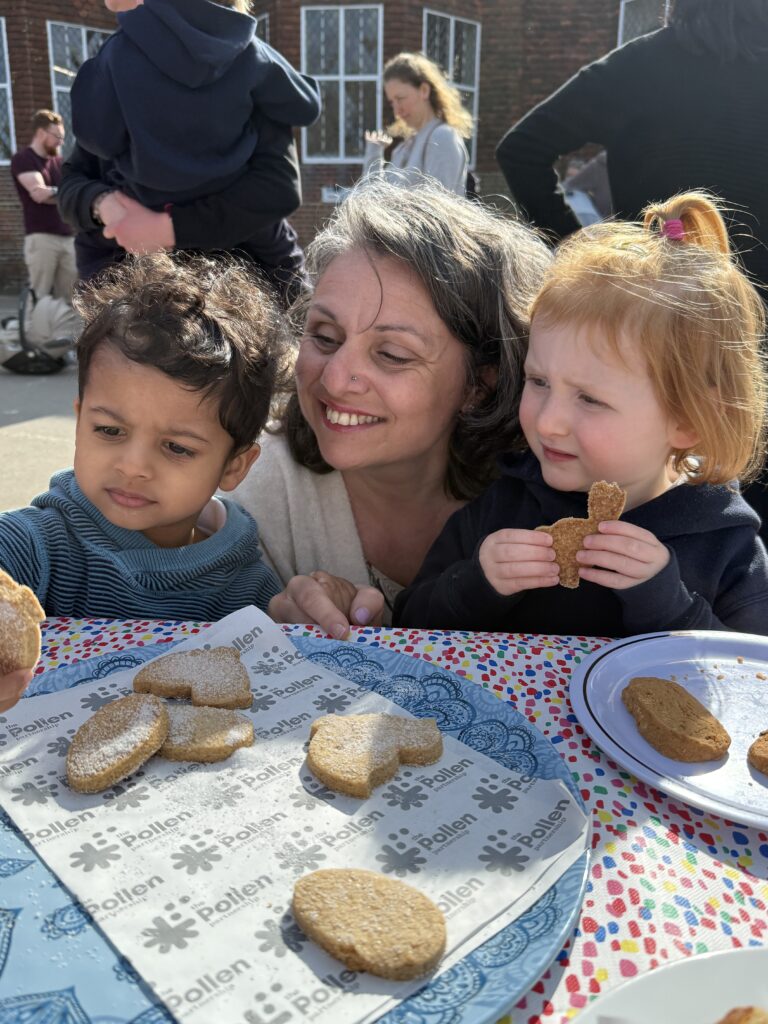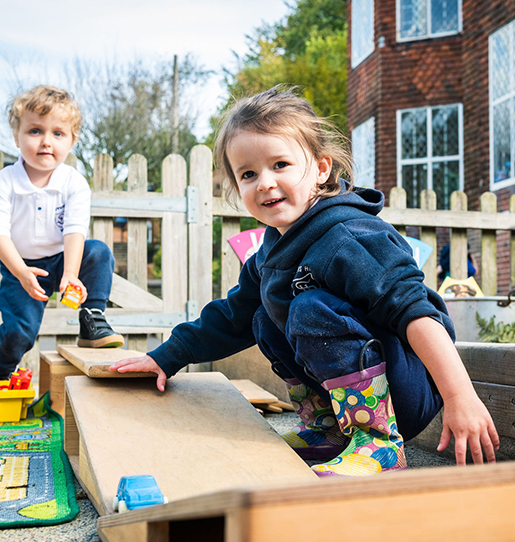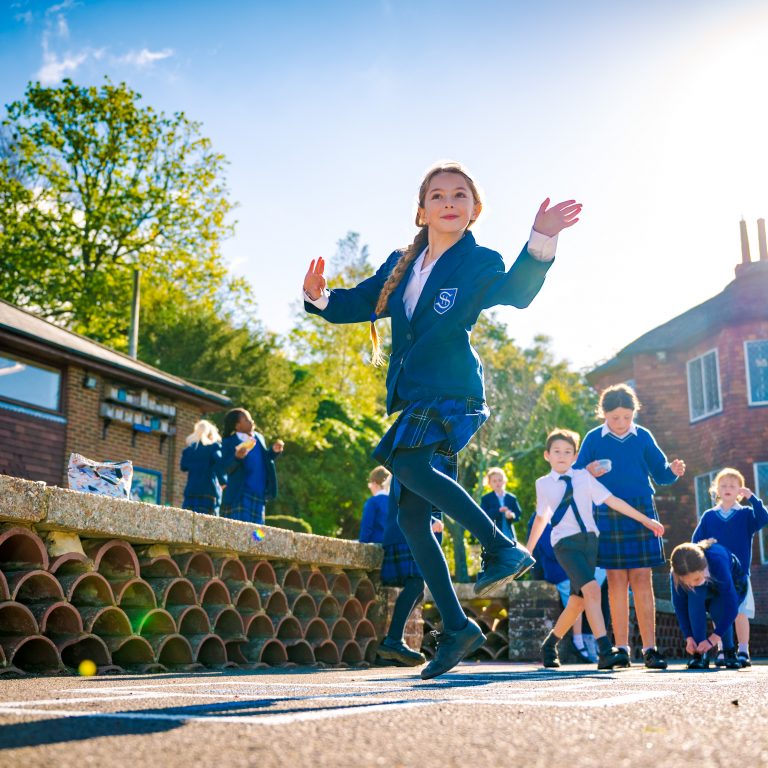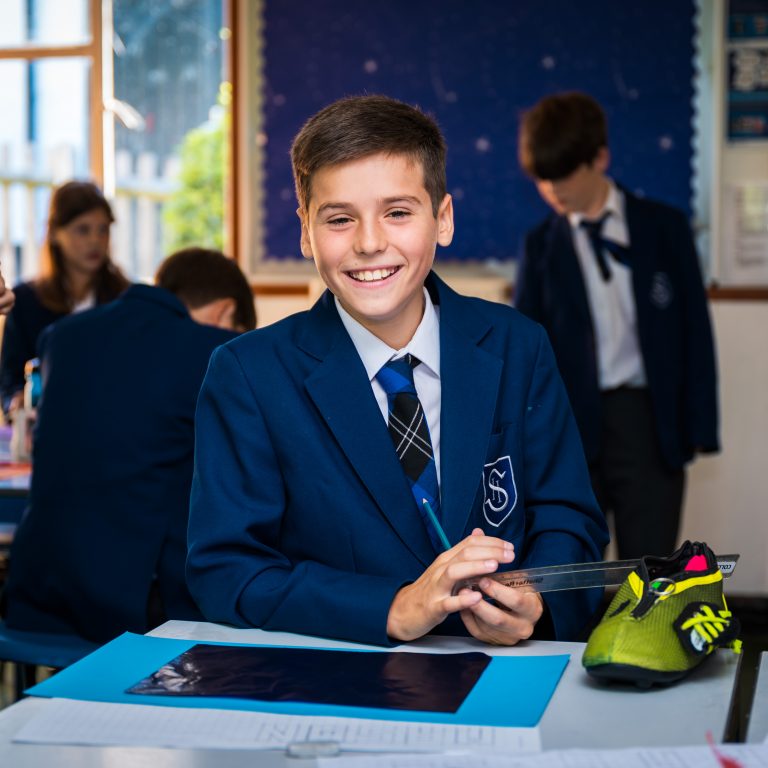It has been wonderful getting to know the Skippers community and I already feel fully immersed in school life. At the Parent Information Evenings back in September I said that one of my aims was to know your children by the end of the first term; I feel that I know all their names and something else unique about them which is a good start! I also hope that the children feel they know me a little better too, for I believe that the foundation of pastoral care is forming trusting relationships. Thank you also to you, the parents, for the welcome, kindness and support that you have given me. From interactions at morning drop-offs, afternoon pick-ups, matches, concerts and the various community events I feel I am developing the teacher-parent partnership that will ultimately help your children flourish. I would like to say a huge thank you to the team at the school for their support too as well as to Mrs Coke, Mrs Gebbie and all the Parent Reps for the time you have given to our Family Fun Day and the Christmas Fayre – two fantastic community events with lots of fun.
I wanted to use this opportunity to share what I believe to be some very important digital safety advice/reminders from some of the courses that staff have attended and some of the safeguarding newsletters that we receive. For this newsletter I have included some general Online Safety Tips, a PDF called ‘5 Top Tips For Balancing Screen Time’ and some advice about social media with a link to a fantastic website for age-appropriate introduction to the online world, including information about several appropriate apps/platforms.
Online safety tips
- Talk to your children about what they do online – do you know what they are doing online? Ask them who they interact with online and always mention for them to not to accept friend requests from strangers.
- If you are video-calling, ensure you either review or set up privacy and security settings on the device beforehand. Check out our parental controls where you’ll find various settings for different platforms, apps and devices.
- Teach them to limit what they share, i.e., their personal details such as their full name, school, address, family/friend information, etc. Use a safe screen name
- Ensure yourself and your kids know how to block, mute or report on different platforms.
- Remind kids that once they post something online, they can’t take it back. Even if the info is deleted from a site, you have little to no control over older versions that may exist on other people’s computers and may circulate online.
- Review your kids’ friends’ lists regularly – you may want to limit their friends’ list to only people you/they know
- Create a digital agreement to set some digital rules about tech use in and out of the home.
Social Media
Social media has continued to grow in popularity with both teens and tweens. According a BBC survey more than three quarters of younger children between 10 and 12 years old are using at least one social media network. This is despite many platforms having an age limit of 13+.
If your child is eager to start tweeting, posting or sharing but you feel they’re not ready to use the likes of Facebook or Instagram, then there are a number of alternative social networks made for children that you can point them to.
These offer child-friendly features like games and contests but also give you a chance to use them as teaching tool to get them sharing safely.
Ultimately, these social networks give children a safer environment where they can share their experiences and engage with friends they know.
This is a fantastic website for appropriate social media for children:
Social media networks made for children to learn how to interact safely
What are the risks of an underage social networking account?
- Many sites include an instant message function that allows private conversations between site members.
- Most social networking sites have an app version available, meaning your child will have access to the social network from their smartphone or tablet. Some app versions of social networks use the location of the phone.
- Information shared between friends can be easily copied and may spread.
- It isn’t easy to take back information that has been posted – and can be impossible if it’s already been shared.
- Not everyone your child meets online will be who they say they are. Chatrooms and forums can connect people who are complete strangers and can be unmoderated.
- Chatrooms and forums are some of the places online groomers go to connect with children. They can also be places where people use a lot of sexual language and engage in online flirting. This is sometimes done through video chat programs.


